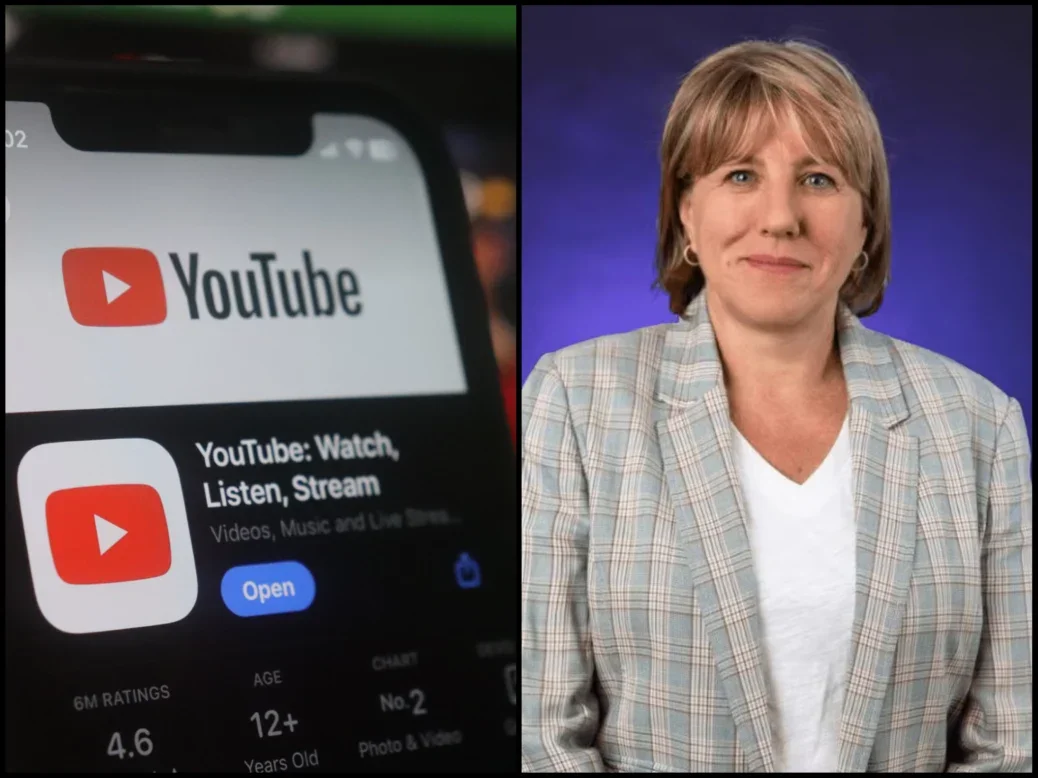
It is “critical” for content from the UK’s public service broadcasters to be prominent and easy to find on Youtube, Ofcom has said, urging the Government to underpin this with legislation.
The urgency for news to be easily available on Youtube has been reported in Ofcom’s Public Service Media Review, as audiences are found to be turning increasingly online for news.
While seven in ten said they consume news online, half (51%) of respondents to Ofcom’s latest UK news consumption survey said they get their news from social media. One fifth said they use Youtube for this purpose.
“It’s really important that news content by public service broadcasters [PSBs] is made accessible and discoverable to people,” Cristina Nicolotti Squires, broadcasting and media group director, Ofcom, told Press Gazette.
“More and more people are getting their news from platforms like Youtube and Tiktok.”
Facebook was the most commonly used individual service for news consumption for 30% of respondents, while Tiktok was the fastest growing (11% up from 1% in 2020).
“I don’t look down when people go into social media for their news because it’s a delivery mechanism,” Nicolotti Squires said. “[But] we need to make sure that people are getting a good range of news content regulated by us, that it is impartial, accurate news.”
She added audiences are “fractured” with some accessing news through video sharing platforms, and legislation could be implemented to ensure this news is verified.
Nicolotti Squires noted that the research found only 43% of people who use social media for news content trust it, “but it’s much higher levels of trust – about 70% – for TV news”.
“The Media Act was passed last year to give prominence to PSBs on smart TVs, and that’s underpinned by legislation.”
She said the “next logical step” is giving prominence to news on video sharing platforms, and using legislation to cement this.
PSBs in the UK are the BBC, ITV, Channel 4, Channel 5, STV in Scotland and S4C in Wales.
Broadcast TV news viewing has continued to decline (63% down from 66% last year) but remains important for many, particularly older audiences – 74% of adults claim to use at least one PSB news service. The BBC is the most used broadcast news provider reaching two thirds of UK adults, followed by ITV (34%).
Among audiences that directly access websites and apps of news organisations for their news, the most used was BBC News (59%), followed by Sky News (21%) and The Guardian (20%).
Ofcom calls for secure funding for news
Nicolotti Squires said one main takeaway from the report is its calls for “stable funding” for specific genres of content, including news, local news specifically, and children’s.
“The broadcasters that we’ve spoken to have all told us that secure funding is important for them,” she said.
“News has never really made money in this country. It used to be kind of cross subsidised by advertising revenue on a range of programming. We know that the advertising model for commercial broadcasters is really challenged now, as more of the advertising is going online.”
Ofcom has recommended tax credits be used to help improve financial incentives to produce news in its report.
“I know the Government has ruled out levies on streamers, but Ofcom would be a good candidate for tax breaks because it’s just so important for democracies,” Nicolotti Squires said.
Financial stability of PSBs currently “remains under significant pressure”, the report said, with news among those feeling the largest “impact” of this.
Nicolotti Squires added it was “up to the Government” as to what that financial help should look like, but one priority should be investment in media literacy.
Media literacy and AI
Ofcom defined media literacy as the ability to use, understand and create media and communications across multiple formats and services.
The report is particularly urging for investment in this area given the emergence of technologies, including new forms of AI.
Many news providers have now licensed their content for use in generative AI models to generate revenue including Sky, DMGT, The Guardian and the Financial Times.
However, there may be a risk that as the largest news providers make deals with AI companies, smaller providers, including some local providers, could be left behind, the report said.
News Media Association chief executive Owen Meredith said the “rush to replace” trusted news sources with gen AI summaries is a particular “profound risk” highlighted in the review.
“As Ofcom makes clear, these risks extend beyond public service media to the whole news and information ecosystem, making citizens much more vulnerable to misinformation.”
Email pged@pressgazette.co.uk to point out mistakes, provide story tips or send in a letter for publication on our "Letters Page" blog
